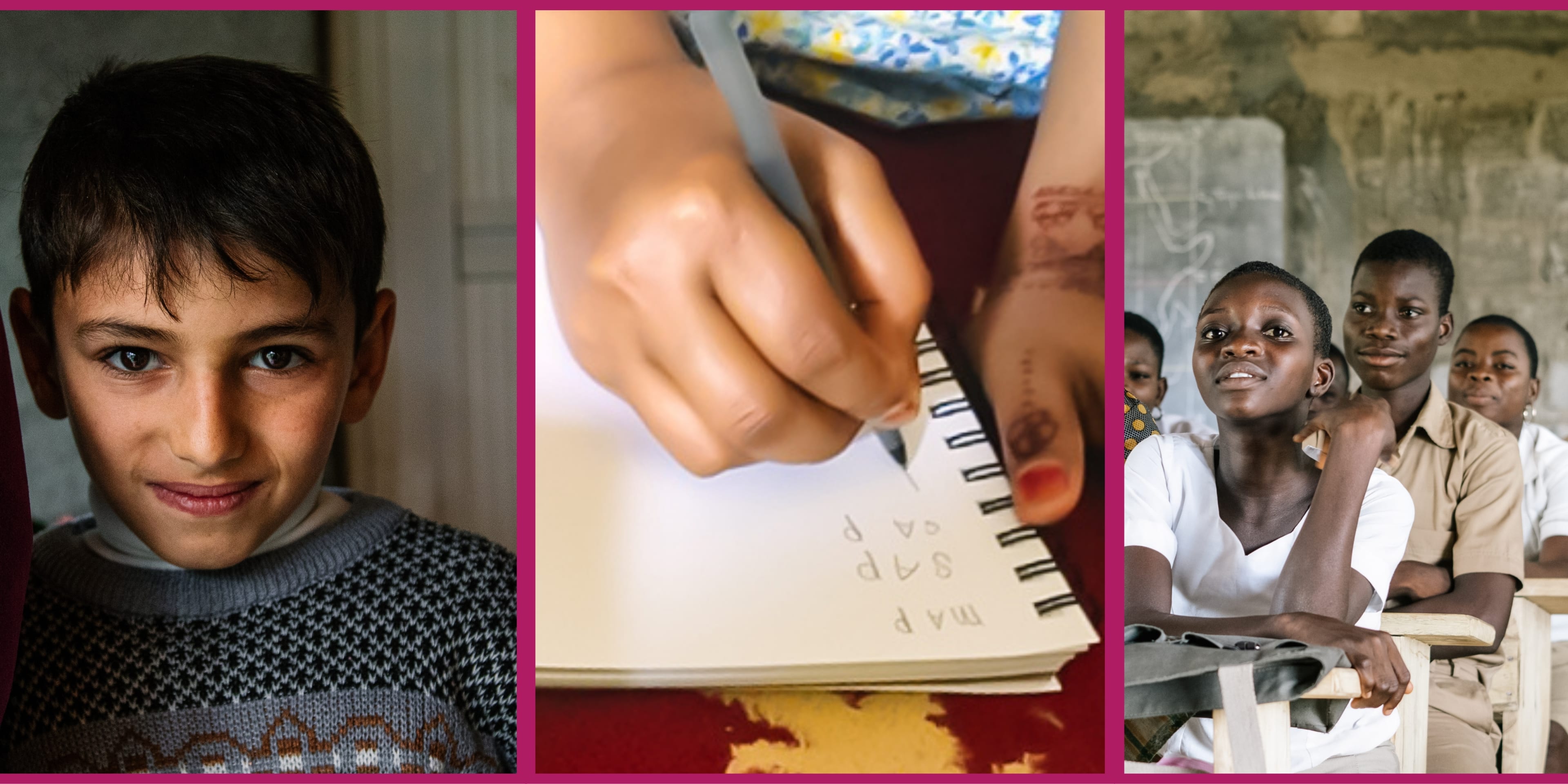
OUR VISION
Lives changed in language communities worldwide through literacy and development
WHAT WE DO
Minority Group Language Development
Mother-Tongue Literacy and Education
Agricultural Development
Sustainable Social Business
Community Health Initiatives
LINKING LITERACY AND DEVELOPMENT
ILAD sends expert teams with strong literacy, language development, and community development capabilities to work among people groups whose language has not yet been written. The majority within these populations do not speak the national, written language of their country, and therefore, will never have the opportunity to learn to read and write. By developing the local language and teaching people to read and write in their own language, people can begin to envision a better future for themselves and their communities. This brings about a sense of dignity for individuals and for communities as a whole.
ILAD’s strategy for success is dependent upon the direct linkage of our literacy programs with development programs. This linkage can create a much higher success factor and increase the long-term sustainability of the programs. Literacy programs without strong linkage to development opportunities can be slow to progress, while development programs decoupled from literacy initiatives often become unsustainable.
COMMUNITY CAPACITY BUILDING
Our mission at ILAD incorporates building the capacity of the community as we partner with local communities, governments, and organizations. Recognizing that a key asset of a community is the skills, competencies and abilities that residents individually and collectively bring to the cause of improving the community, we strive to develop this asset through various methods such as education, awareness building, and skills training.
LONG-TERM COMMITMENT TO THE COMMUNITY
In order to build capacity with the involvement and participation of the local residents, a long-term commitment to the community will be required. Therefore, ILAD field workers are committed to living in the community and learning the vernacular language of the people among whom they work.
